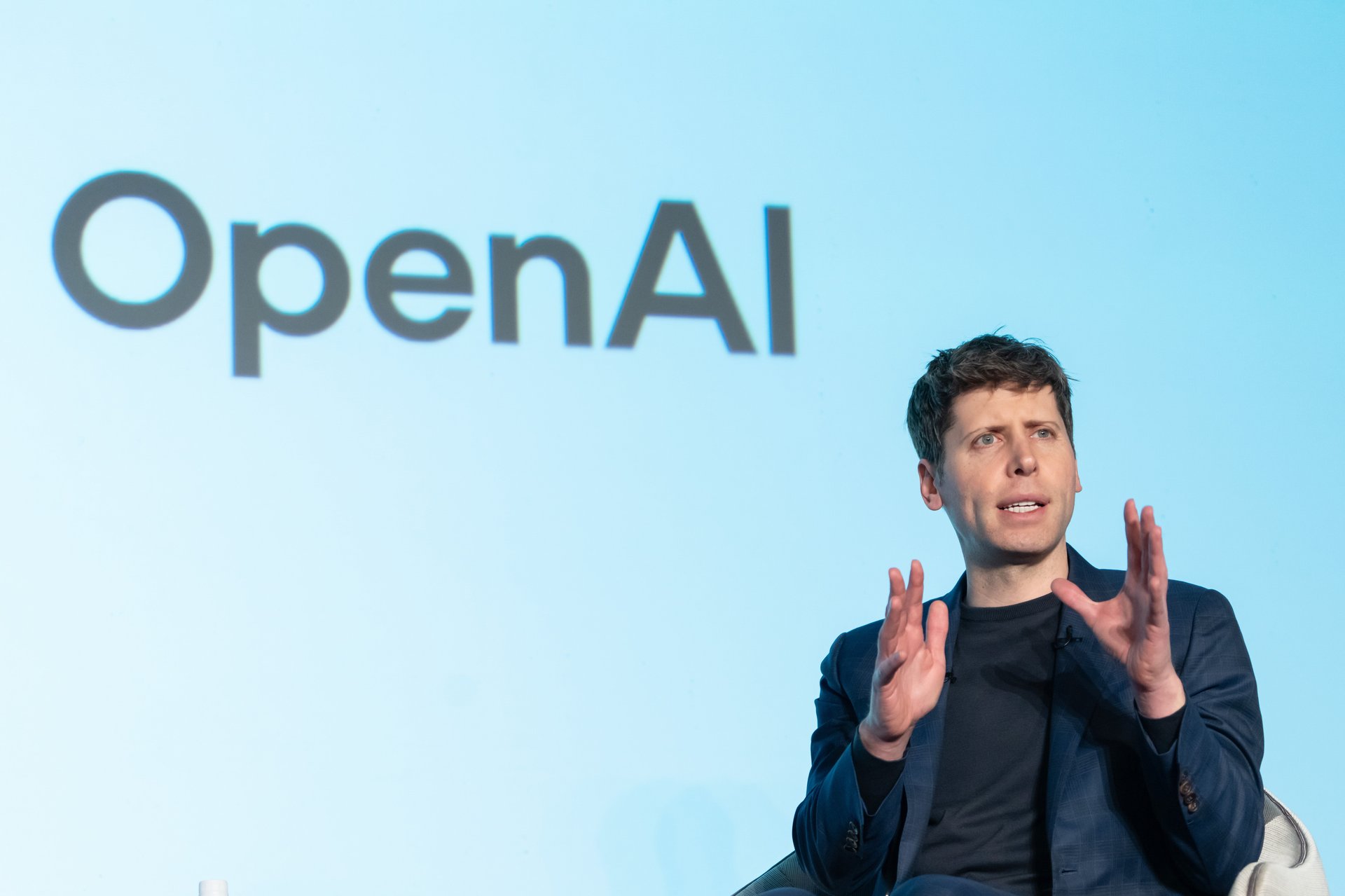OpenAI may be trying to wean itself off Nvidia
Nvidia's chips are pricey. In-house alternatives could help OpenAI chip away at its tremendous losses.

Like the broader artificial intelligence sector, OpenAI relies on Nvidia’s (NVDA) costly training chips to build tools like ChatGPT, but that could change — if OpenAI’s in-house chip design somehow pans out.
Suggested Reading
The AI-software maker is close to finalizing its first design and intends to have Taiwan Semiconductor Manufacturing Company (TSM) (TSMC) fabricate it, according to Reuters.
Related Content
Citing unnamed sources, the news outlet reported Monday that OpenAI intends to send its design to TSMC “in the next few months” and aims to mass-produce an AI-training chip with the fabricator in 2026. If OpenAI’s alternative design works out, the company would be a step closer to weaning itself off Nvidia’s coveted training chips, and in-house alternatives could empower OpenAI to negotiate better deals with suppliers, according to Reuters.
Quartz reached out to OpenAI, TSMC, and Nvidia for comment on the report. OpenAI did not immediately respond, while TSMC and Nvidia declined to comment.
The initial testing process alone could cost OpenAI tens of millions of dollars — a small price to pay relative to the $5 billion the company reportedly expected to burn in 2024 alone. Much of OpenAI’s expenses go to cloud-computing providers such as Microsoft (MSFT). Nvidia’s chips power Microsoft’s AI cloud offerings, and both tech firms have invested in OpenAI.
OpenAI is also working with Oracle (ORCL) and Softbank (SFTBY) on Stargate, a Trump-backed, Musk-bashed project to spend as much as $500 billion on AI data centers.
Early in the day, Nvidia was up by more than 3% — to around $133 per share. Microsoft, meanwhile, was up 1.15% — to around $414 per share.
